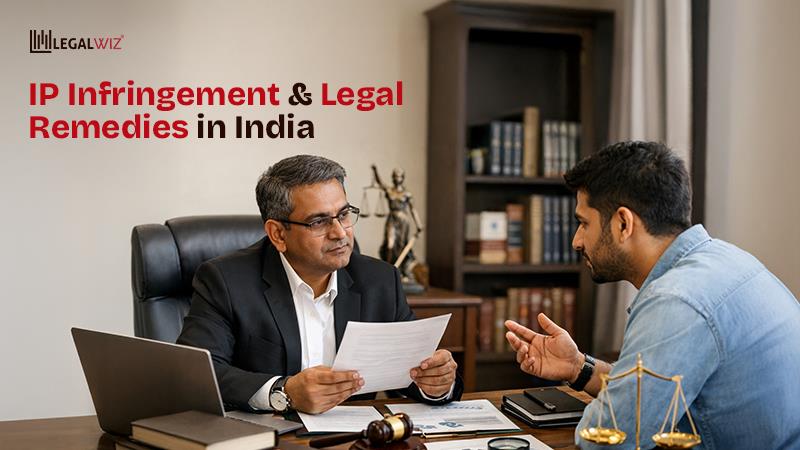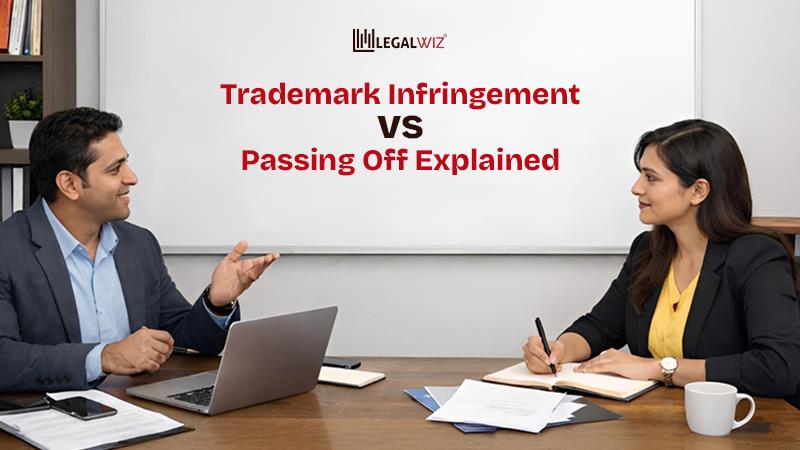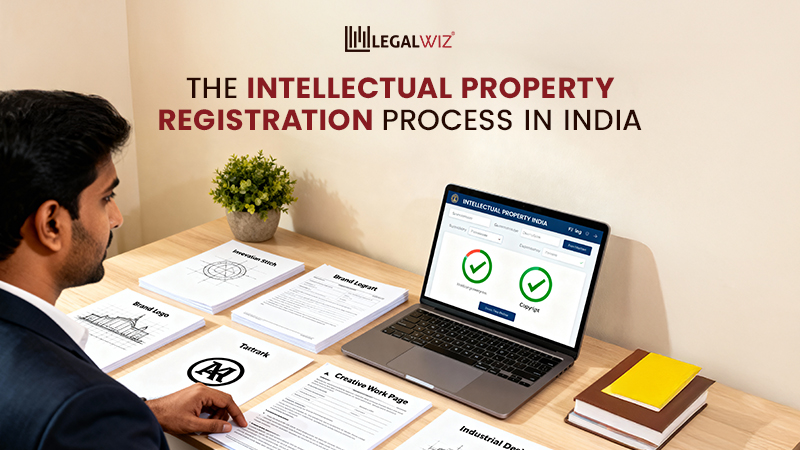How to Sell a Trademark in India: Key Rules and Valuation
A registered owner can sell a trademark to any legal entity or individual through the process of trademark assignment. By doing so, the owner can allocate the right of his/her trademark to a person or entity. The process of trademark assignment is governed according to the provisions of the Trade Mark Act, 1999. Now, let’s see whether a trademark can be sold in India.
In the trademark assignment procedure, the entity or a person who is selling the trademark labels is the assignor and the other party (who is obtaining it) is the assignee.
For the trademark assignment, either assignee or the assignor requires to apply. The transfer procedure generally takes three-to-four months for completion, subject to successful verification of all documents and legitimacy of such trademark assignment. The trademark assignment of every registered trademark should be recorded with the registrar of trademarks.
Trademark assignment types in India
There are various types of trademark assignments available in India as given below;
- Complete assignment – Every right vested in a trademark is transferred to a third party.
- Partial Assignment – This type of assignment ensures the transfer of specific rights necessarily. A trademark owner does not assign every right to the new assignee. Through the partial assignment, a trademark owner can transfer a limited set of rights to an assignor.
- Assignment (with goodwill) – Through this type of trademark assignment, the trademark owner or the assignor transfers all rights and value in a trademark to an assignee. A trademark assignment with goodwill, means, transferring the brand with its market reputation allowing the new assignor to trade the product under the same brand
- Assignment (without goodwill) – Here the assignor does not transfer all the rights associated with the trademark. The registered owner sells the trademark to an interested buyer and allows the new trademark owner to use the trademark in relation to distinctive goods and/or services.
Limitations on Trademark Assignment
The Trade Marks Act, of 1999, has put various limitations on the assignment of registered trademarks. These limitations will be applied in case buy and sell of trademark that brings the possibility of creating uncertainty in the minds of the public or users if sold or transferred.
Such limitations apply to;
- A trademark assignment that results in granting exclusive rights to more than one person or entity about the same goods or services. This is also known as restriction of parallel usage, and,
- A trademark assignment leads to the simultaneous usage of the same trademark by various people in various parts of the country. This is generally known as a restriction of multi-territory usage.
How can one make a concrete valuation of the trademark before sale?
A trademark is a movable property. A concrete estimation or valuation is needed to sell trademark at a reasonable price in the trademark marketplace. This process involves both direct and indirect measures. In a direct way, the process is fundamental. Here, investment for creating and making it a reputable and respectable brand will be considered. The valuation of a brand takes into consideration many aspects of a trademark.
Now, let’s see the prevailing approaches for concrete valuation of the trademark before assignment.
- Cost Approach – It is directly concerned with the cost incurred in creating or positioning the brand.
- Income Approach – This approach considers the present value of the futuristic revenues that can be generated from using the trademark. The futuristic value shall be calculated based on the estimated useful life of a brand
- Market-driven Approach – This trademark approach considers the value of similarly positioned trademarks to identify the value of a trademark.
Trademark symbol
The (™) symbol is for a specific association or a person while waiting for the trademark registration process to be completed as their trademark application is pending. The symbol of the Registered mark is useful for those having a registered trademark for goods whereas the Service mark is useful for those having a registered mark for any business activities related to services.
There is no straight jacket rule related to the usage of different symbols like trademark (™), registered mark (®), or service mark (SM). However, based on industrial practices –
- it is advisable to use the symbol (™) with respect to those trademarks that are pending registration at the trademark registry.
- Using the symbol (®) with reference to registered trademarks for business activities related to goods is more appropriate.
- The use of (SM) symbol is more relevant for registered trademarks for those having business activities in relation to services.
Read more about the difference between TM (™) and R (®) symbol in trademark.
The cost of having a trademark registration may seem expensive qualitatively as well as quantitatively considering the long process and hassle in getting a trademark registration. Considering the qualitative and quantitative cost of trademark registration in India corresponding to the benefits it offers, it is advisable to get your trademark registered. Read more about the benefits of trademark registration.
The process of selling a trademark is straight-forward and easy, and it does not need a lot of paperwork. Selling a trademark provides a chance to utilize a trademark without finishing the trademark registration process.
Legalwiz.in has a reliable team of legal professionals who can provide you with tailored advice for your trademark requirements as well as necessary assistance in building the right intellectual property assets well-suited for your needs. Our mission is to make legal services affordable and transparent for you. Feel free to contact us for your trademark requirements.

Mansi Solanki
Mansi Solanki is associated with Legalwiz.in as Account Executive. She has a good knowledge over Accounting and Taxation.







